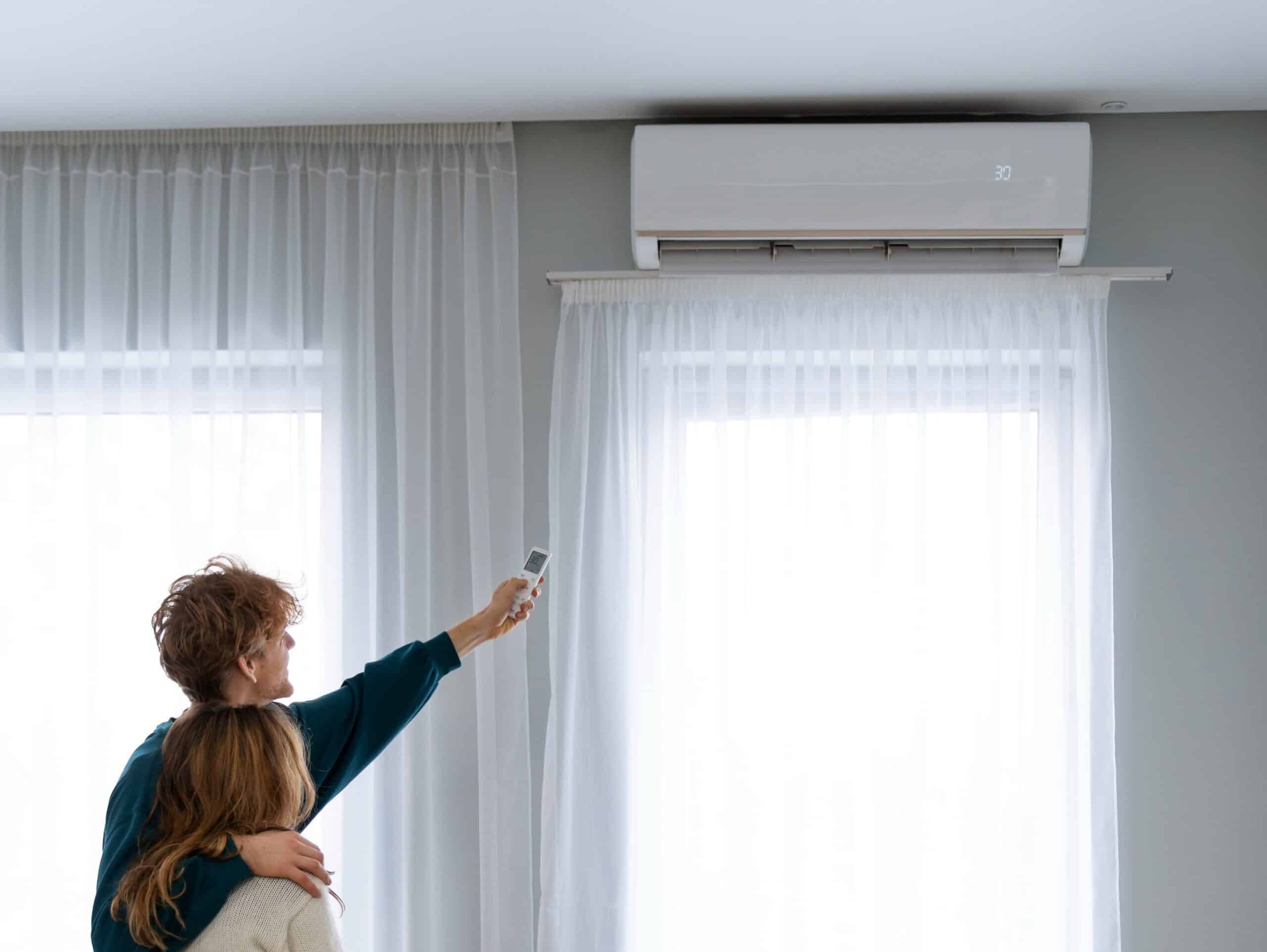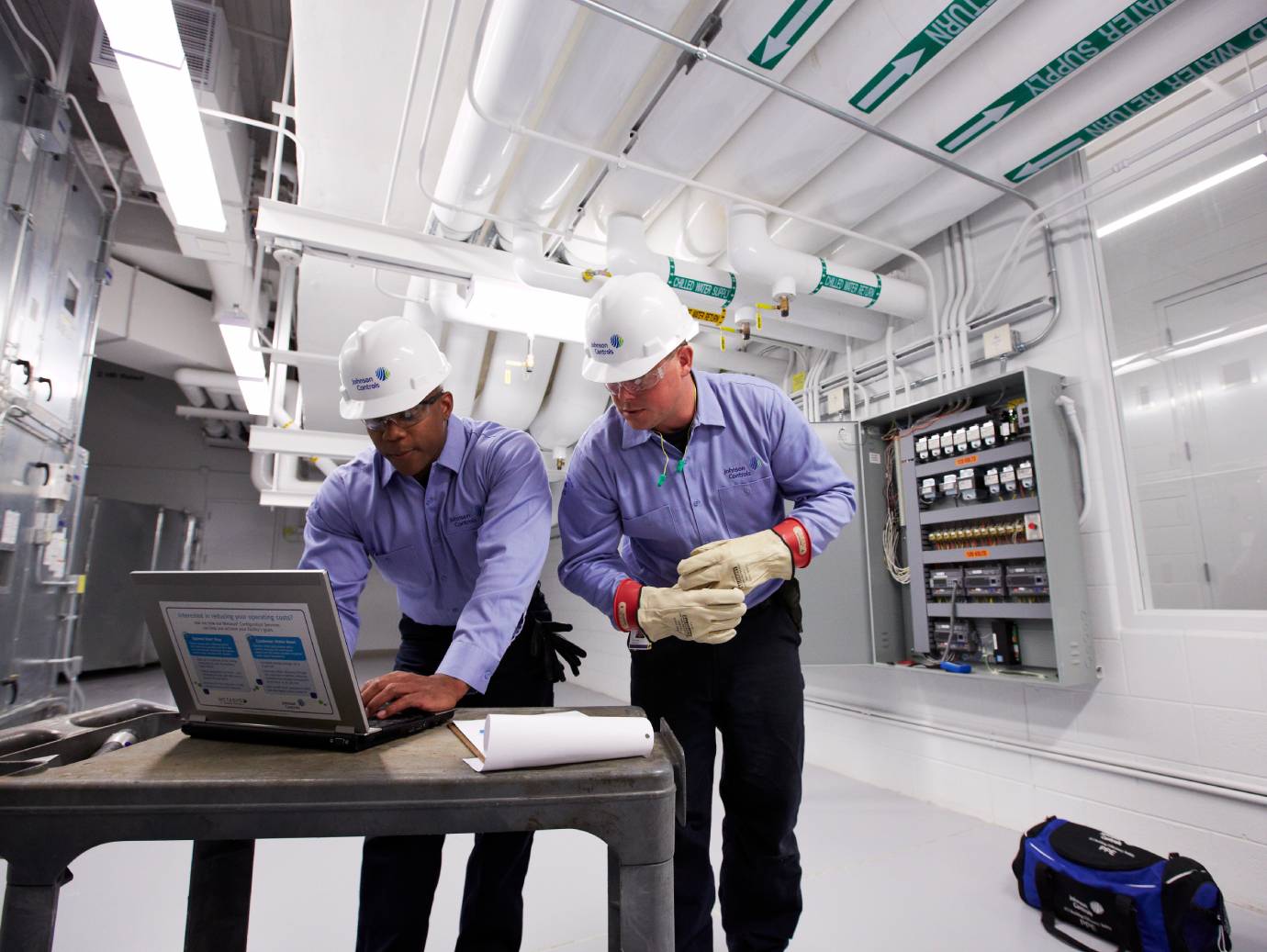Energy-Efficient Heating And Cooling Solutions to Minimize Energy Costs
As energy expenses remain to climb, the importance of energy-efficient cooling and heating systems comes to be progressively obvious. These systems not only guarantee substantial savings on energy expenses but also add to a much more sustainable future by lessening energy usage. With various options readily available, including geothermal warm pumps and ductless mini-splits, homeowner face a plethora of choices that can enhance convenience and air quality. However, recognizing the vital features and upkeep needs is vital to making best use of these advantages. What variables should be prioritized when picking the right system for your demands?
Benefits of Energy-Efficient A/c Systems
Energy-efficient heating and cooling systems provide many benefits that prolong beyond plain expense financial savings. One substantial benefit is the minimized ecological impact. By eating much less energy, these systems contribute to decrease greenhouse gas emissions, helping to fight climate adjustment and promote sustainability. This straightens with increasing social needs for green practices in domestic and industrial setups.
In addition, energy-efficient a/c systems often offer enhanced comfort degrees. A lot of these systems feature sophisticated technology that enables better temperature level control and improved air top quality (DMAKS HVAC). This brings about a healthier indoor setting, which is specifically important for individuals with allergies or breathing concerns
Moreover, purchasing energy-efficient a/c systems can boost building worth. As more consumers focus on power effectiveness, homes and buildings geared up with these systems might bring in higher bids in the actual estate market.
Kinds of Energy-Efficient A/c Options
How can house owners and organizations select one of the most ideal energy-efficient a/c choices for their needs? The marketplace provides a variety of energy-efficient cooling and heating systems, each created to enhance convenience while minimizing power usage.
One option is the variable cooling agent flow (VRF) system, which efficiently manages the temperature level in multiple areas within a building. This system adjusts its refrigerant circulation to match the desired temperature level, resulting in substantial energy financial savings.
One more preferred option is geothermal warmth pumps, which use the planet's steady temperature level to heat and trendy areas. By moving heat to and from the ground, these systems show impressive effectiveness, specifically in moderate environments.
Additionally, ductless mini-split systems supply an energy-efficient choice for homes lacking ductwork. These systems enable zone-specific heating and cooling, lowering energy waste in vacant locations.
Lastly, high-efficiency heaters and air conditioners, with sophisticated SEER and AFUE ratings, provide trusted climate control while taking in much less power than conventional versions. By assessing these choices, home owners and businesses can choose a cooling and heating system tailored to their particular requirements and power performance goals.
Key Features to Think About

Next, investigate the kind of compressor used in the system. DMAKS HVAC. Variable-speed compressors can change their output to match the heating or cooling down demand, bring about improved convenience and energy financial savings compared to single-speed designs. In addition, search for systems equipped with more wise thermostats that supply programmable settings and remote gain access to, enabling much better control over power consumption
Another crucial feature is the system's air filtration capacity. High-efficiency filters can improve indoor air high quality and minimize energy usage by making sure the system runs efficiently. Additionally, think about the kind of refrigerant used; modern systems often employ environmentally friendly refrigerants that have a lower ecological influence.
Last but not least, ensure that the system works with zoning technology, which permits customized temperature control in various locations of your go to website home, improving comfort while decreasing power use.
Tips for Selecting the Right System


Next, consider energy performance rankings, especially the Seasonal Energy Efficiency Proportion (SEER) for cooling down systems and the Annual Fuel Utilization Performance (AFUE) for furnace. Greater scores indicate greater efficiency, which can cause considerable financial savings on utility bills gradually.
Additionally, evaluate the kind of cooling and heating system that finest matches your way of life and budget plan. Options consist of central air conditioning, ductless mini-splits, and heat pumps, each with its very own set of benefits and drawbacks.
Do not neglect the importance of correct setup and sizing; an inaccurately sized system can cause inefficiencies and raised wear. Consult with an expert HVAC specialist to get professional referrals tailored to your home's distinct needs. This comprehensive technique will certainly guarantee that you choose an energy-efficient cooling and heating system that satisfies your requirements and spending plan efficiently.
Maintenance for Optimum Performance
Once the best cooling and heating system remains in place, continuous upkeep comes to be key to guaranteeing optimum performance and longevity. A well-maintained system operates a lot more properly, resulting in lower energy consumption and decreased utility expenses. Routine assessments and tune-ups need to be set up at the very least twice a year-- once before the cooling season and when before the heating season.

House owners ought to additionally be alert about checking their HVAC system's efficiency. Unusual noises, fluctuating temperature levels, or increased power bills can show underlying issues that need immediate interest. By resolving these issues without delay, property owners can protect against expensive fixings and extend the life expectancy of their systems.
Buying a maintenance strategy with a certified specialist not just boosts efficiency however additionally offers assurance, recognizing that the system is operating at its finest. DMAKS HVAC. Normal upkeep is therefore necessary for maintaining power efficiency and decreasing general functional prices
Conclusion
To conclude, energy-efficient a/c systems offer a sensible solution for reducing utility bills while improving comfort and air high quality. By integrating innovative modern technologies and alternatives such as geothermal heatpump and ductless mini-splits, residential property proprietors can attain substantial power financial savings and add to ecological sustainability. Careful factor to consider of system functions and recurring upkeep even more makes certain ideal efficiency, making energy-efficient systems a sensible financial investment for both financial and eco-friendly advantages.